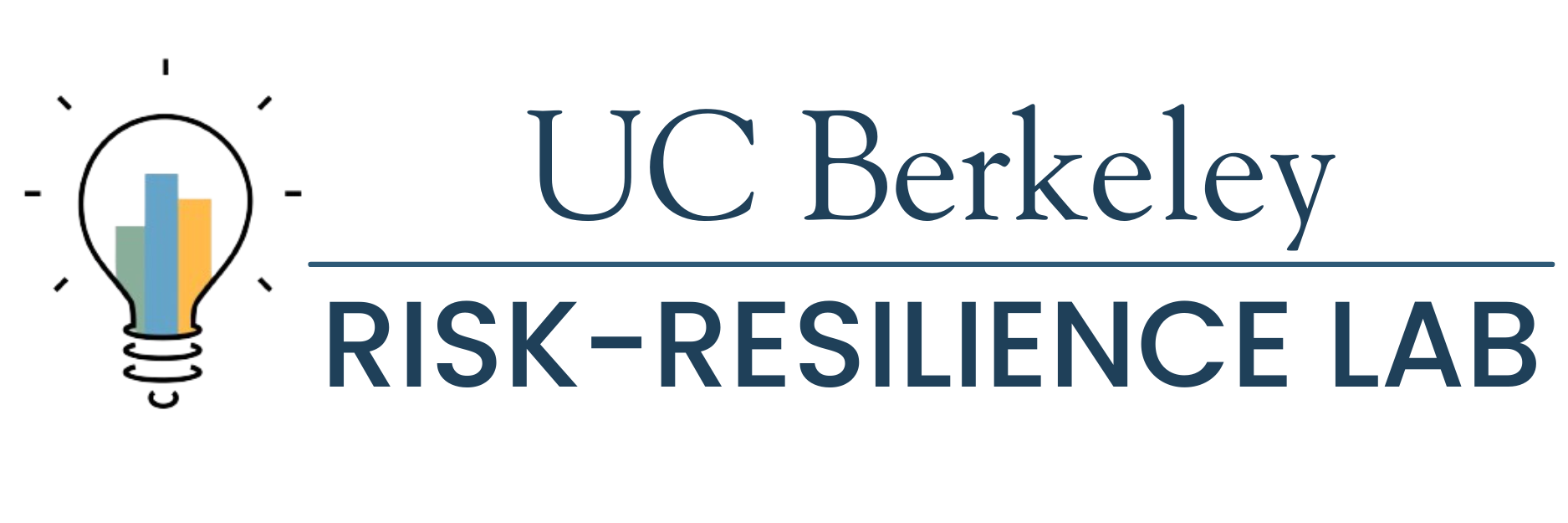Efficiently assessing firm, fair & caring relationships: Short Form of the Dual Role Relationship Inventory (2019)
Abstract
Many people involved in the justice system and people with serious mental illness are required to participate in psychosocial treatment, whether they want it or not. With these clients, case managers, probation officers, and other providers are tasked with both promoting client recovery (a helping, therapeutic role) and protecting community safety (a controlling, surveillance role). The 30-item revised Dual-Role Relationship Inventory (DRI-R) assesses the quality of provider–client relationships in mandated treatment—and DRI-R based research indicates that firm, fair, and caring relationships (authoritative, not authoritarian) predict better client outcomes. In this study, we developed and validated a short form of the DRI-R—the 9-item DRI-SF—by applying multidimensional item response theory methods to four data sets (N = 815). We simultaneously refined the measure by selecting items that cleanly assessed relationship features (i.e., minimized construct-irrelevant variance from provider traits) and performed similarly across client groups (juveniles and adults; with-and-without mental illness). DRI-SF total scores strongly predict DRI-R total scores (r = .97). The DRI-SF fully represented the DRI-R’s range of item difficulties, produced the same three-factor structure, predicted theoretically relevant external covariates as strongly (i.e., groups known to differ in relationship quality, relationship satisfaction ratings, future arrests)—without item bias by sex or race. Moreover, the favorable psychometric properties of the DRI-SF were replicated in a new sample and shown to generalize across provider groups (from probation officers to treatment providers). This newly developed DRI-SF applies to a range of provider–client relationships in mandated treatment—and will benefit practitioners and researchers with ease of administration.

